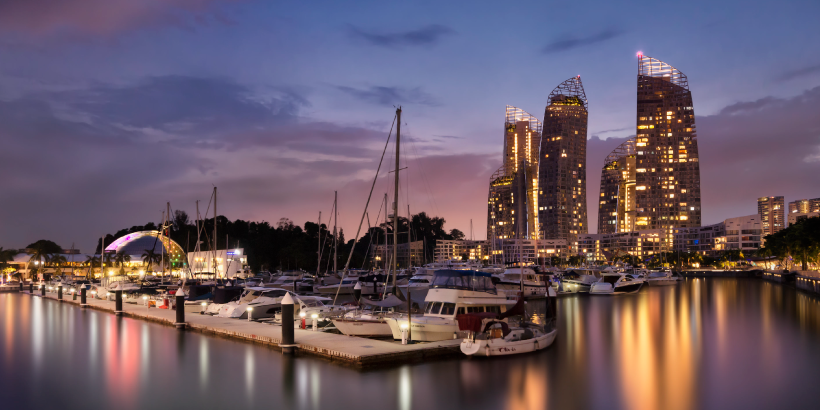The arrangement is part of the Reserves Protection Framework agreed upon by the government and the President, whose constitutional duty is to protect the national reserves.
In fighting climate change, Second Finance Minister Lawrence Wong said smaller-scale infrastructure projects such as flood barriers can be financed by the government’s yearly budget, while “long-lived major” infrastructure, like sea walls, could be funded through borrowing.
Wong, who also serves as National Development Minister, revealed that once land reclamation is involved, the costs is covered by Singapore’s past reserves and the reclaimed land’s value after its sale will be fully returned to the reserves, reported Today Online.
“The reclamation of land is in essence a conversion of past reserves — from financial assets to state land. This use is not a draw on past reserves,” he said.
Wong further clarified that the arrangement is part of the Reserves Protection Framework agreed upon by the government and the President, whose constitutional duty is to protect the national reserves.
He was responding to a parliament question by Associate Professor Walter Theseira, who asked about the extent to which the policy of funding land reclamation will be applied to the $100 billion climate change costs announced by Prime Minister Lee Hsien Loong in this year’s National Day Rally.
In a supplementary question, the MP asked if “the commitment then… that the cost of land reclamation will be coming from past reserves, without drawing down or (having) requirement on raising taxes, or is it going to be flexible based on the Finance Minister at the time?”
To this, Wong explained that the framework already allows the government to utilise past reserves for land reclamation projects.
“That is already the case today and that is the way in which we operate currently,” he said.
A recent Mediacorp poll showed that young people were divided in their views on whether climate change mitigation measures should be funded by current taxes (41 percent) or by national reserves (42 percent). Meanwhile, a minority (18 percent) wants such measures to be funded by taxes paid by future generations.
“MOF will continue to study equitable and sustainable ways to finance the full suite of climate adaptation measures we need to protect our island,” said Wong.
Victor Kang, Digital Content Specialist at PropertyGuru, edited this story. To contact him about this or other stories, email victorkang@propertyguru.com.sg



